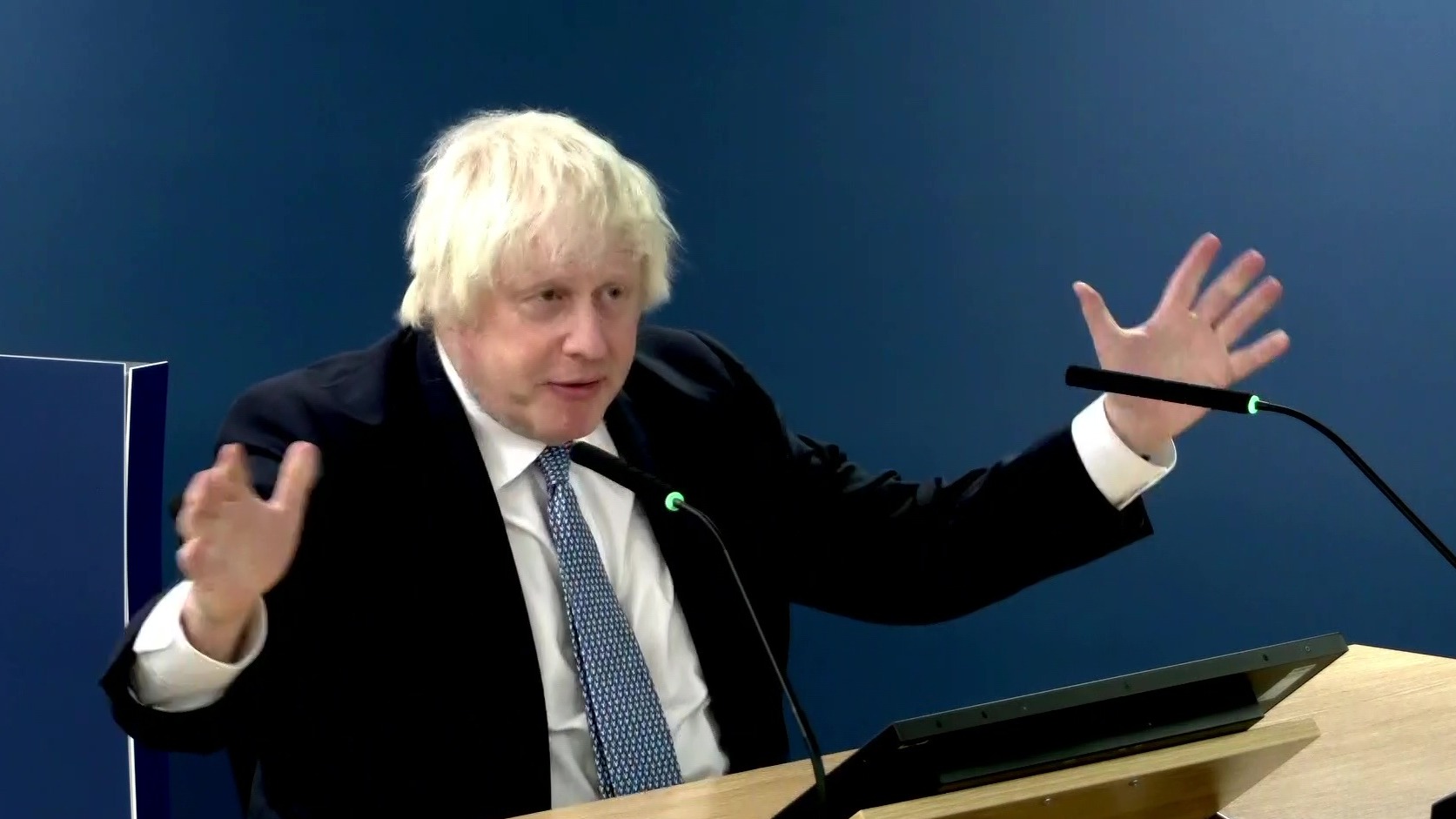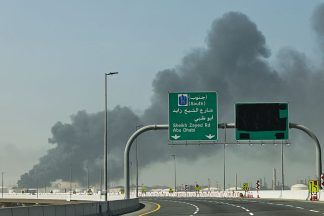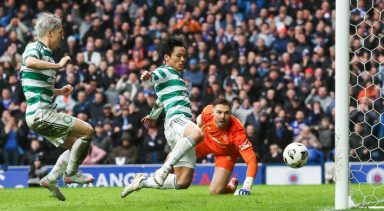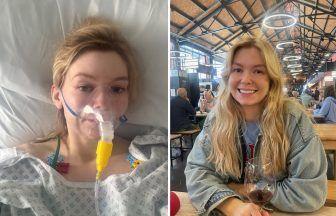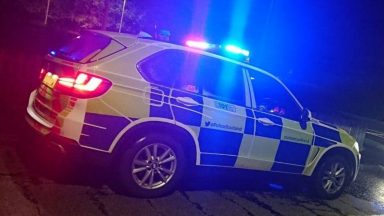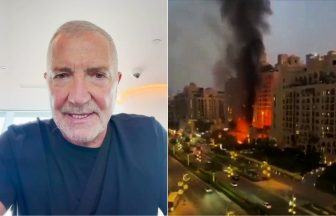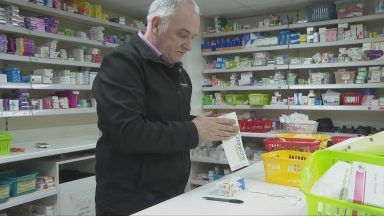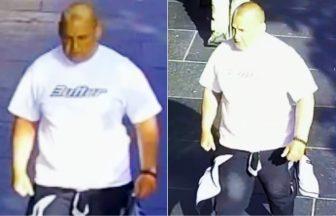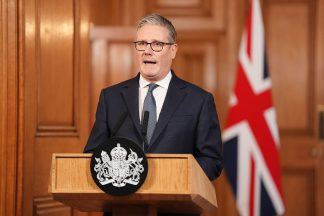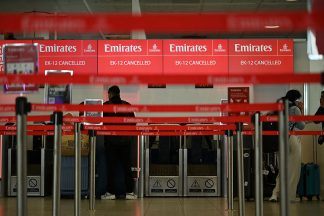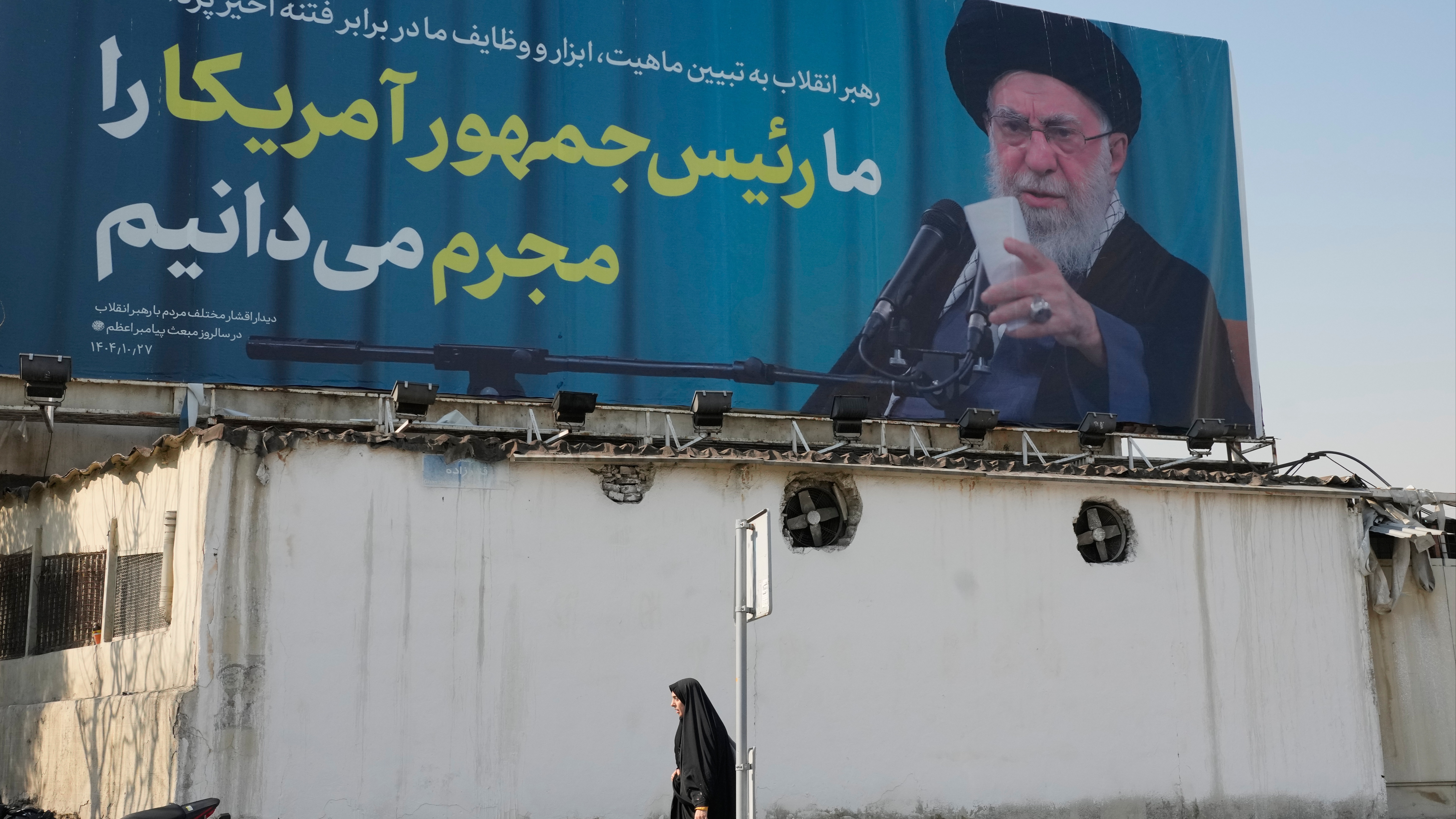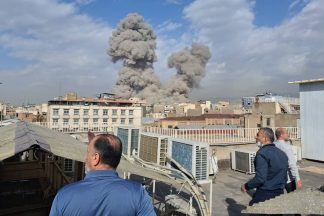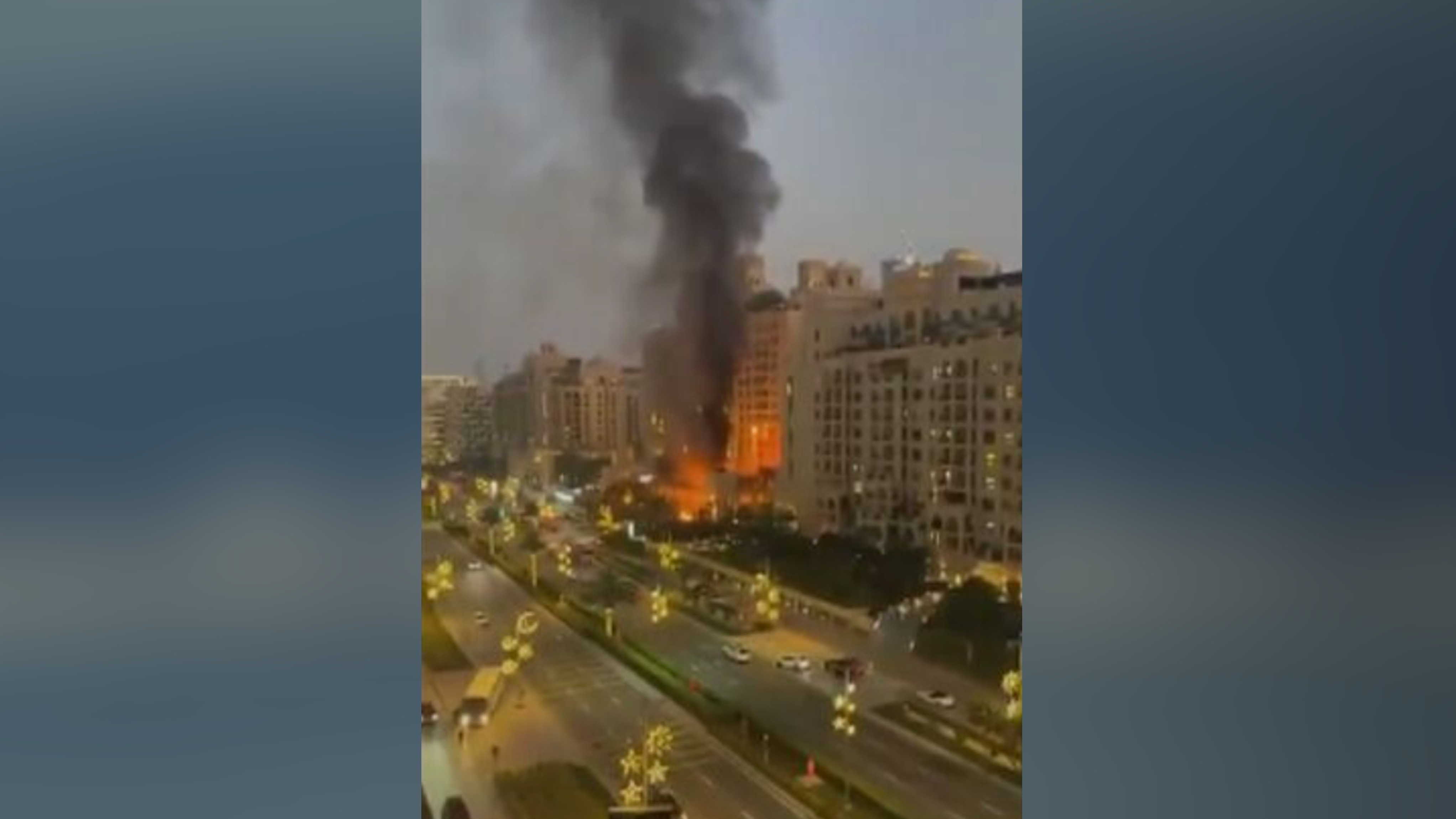Watch Boris Johnson give evidence live at the Covid inquiry.
Former prime minister Boris Johnson has denied his government failed to plan for school closures during the Coronavirus pandemic.
Speaking at the UK Covid-19 Inquiry, Johnson said he remembered the subject being discussed “repeatedly”.
He added: “I’m not sure I agree with the idea that there was no planning for school closures, because if you look at the sequence from February onwards, it’s clear that Sage (Scientific Advisory Group for Emergencies) is talking about the possibility, the cabinet is discussing it in March.
“Certainly, I remember the subject coming up repeatedly.”
The former PM said it was “obvious” there would need to be “consideration of closing schools” and “it looked to me as though the DfE (Department for Education) was preparing for that”.
Johnson’s evidence on school closures follows that of Sir Gavin Williamson, the education secretary at the time.
Speaking earlier this month, Williamson told the inquiry he had not asked DfE officials to begin preparing for school closures because Downing Street had not asked for it.
The former education secretary described a “discombobulating 24-hour sea-change” from keeping schools open on 16 March to talking about closing them on 17 March, and an announcement to shut them made the following day.
When that was put to Johnson, the former PM said he had received a note from the DfE on 15 March asking for a meeting on the subject “in which they go over all kinds of stuff that are going to be necessary to enact school closures,” including safeguarding, exams and teacher training.
He added he would not have expected the DfE to wait for an instruction from Number 10 before planning for closures and he was “surprised that the permanent secretary at the DfE didn’t feel that it was necessary to look at what contingency arrangements we had”.
He said: “I just think that it was obvious that there had to be consideration of closing schools.
“I was very much hoping that we wouldn’t have to close schools. I thought it was a nightmare idea.”
“Certainly I remember the subject coming up repeatedly,” said Johnson on Covid school closures.
Speaking on Tuesday, Johnson accepted the “full horror” of coronavirus was “slow to dawn on government”.
He pushed back, however, on claims there had been a “dereliction of duty” in failing to adequately plan for school closures during the pandemic, as suggested by the former DFE schools director-general, Sir John Coles.
Johnson told the inquiry: “It felt to me as though there had been abundant discussions about closing schools, and it felt to me, to the best of my recollection, as though the department was aware of this, and I assumed that they were planning for it.
“When I look at that document of March 15, it seems to me to suggest that a great deal of work and thought had gone into the key issues.
“So I’m not, respectfully, I’m not inclined to accept the idea that people fell down gravely in their duty.
“I think people were overwhelmed by the speed of events, and when the facts changed, they had to change policy, and I had to change policy.”
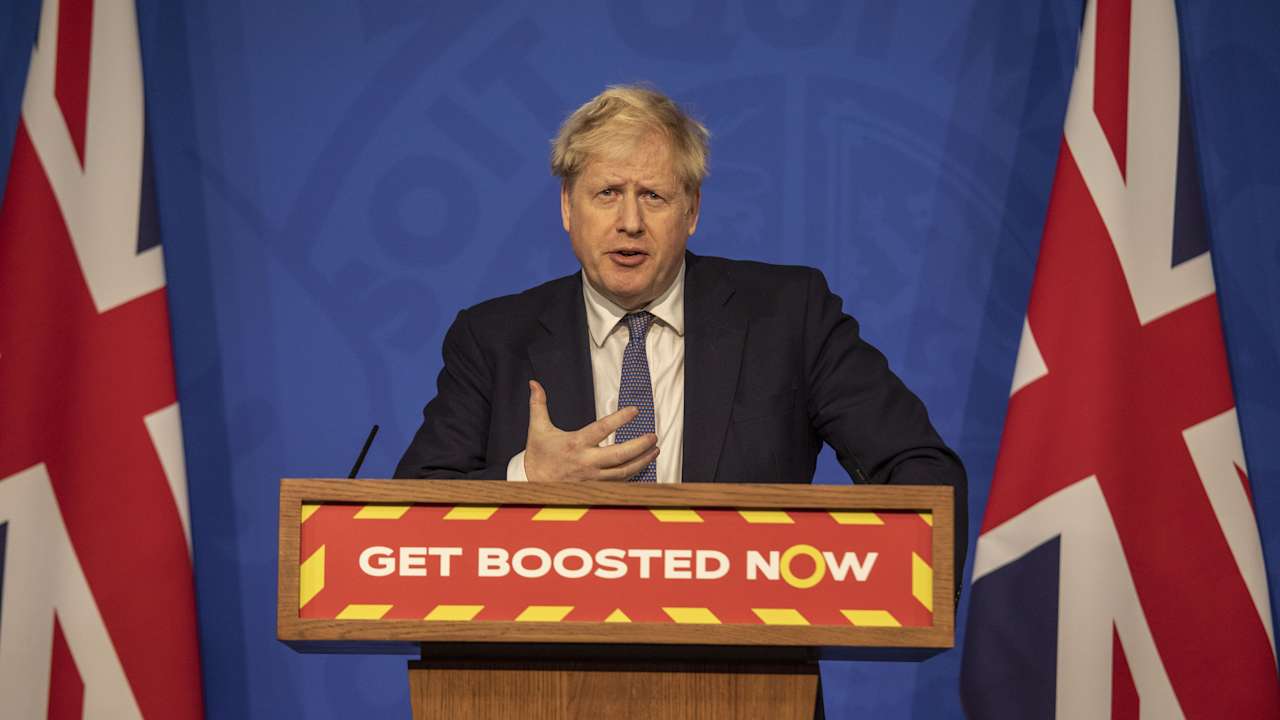
Boris Johnson also gave evidence on the way his government decided to handle exams for pupils during the pandemic.
Speaking on Tuesday, Johnson admitted “we got the wrong initial model” for replacing exams in the summer of 2020.
“We had to find a way of adjudicating on the academic achievement of the kids that didn’t involve an exam,” he said.
“And Ofqual came up with this system. I was not an expert enough to comment on whether it was viable or not, but plainly it let down a lot of kids whose grades didn’t reflect their abilities and their achievements.
“And so to answer your question, yes, I regret very much.
“Amongst the things I regret and I take responsibility for, is that we got the wrong initial model for how to have a substitute exam.
“What I would say in our defence is it wasn’t easy to come up with the right model.”
Speaking at the time of the exam results in question, Johnson defended them as “robust,” despite thousands of A-level students seeing their results downgraded as a result of his government’s system.
Johnson’s system for schools meant that after exams were cancelled, teachers were told to submit the grades they thought each student would have received if they had sat the papers, alongside a rank order of students.
Exam boards then moderated these grades to ensure this year’s results were not significantly higher than previous years and the value of students’ grades were not undermined.
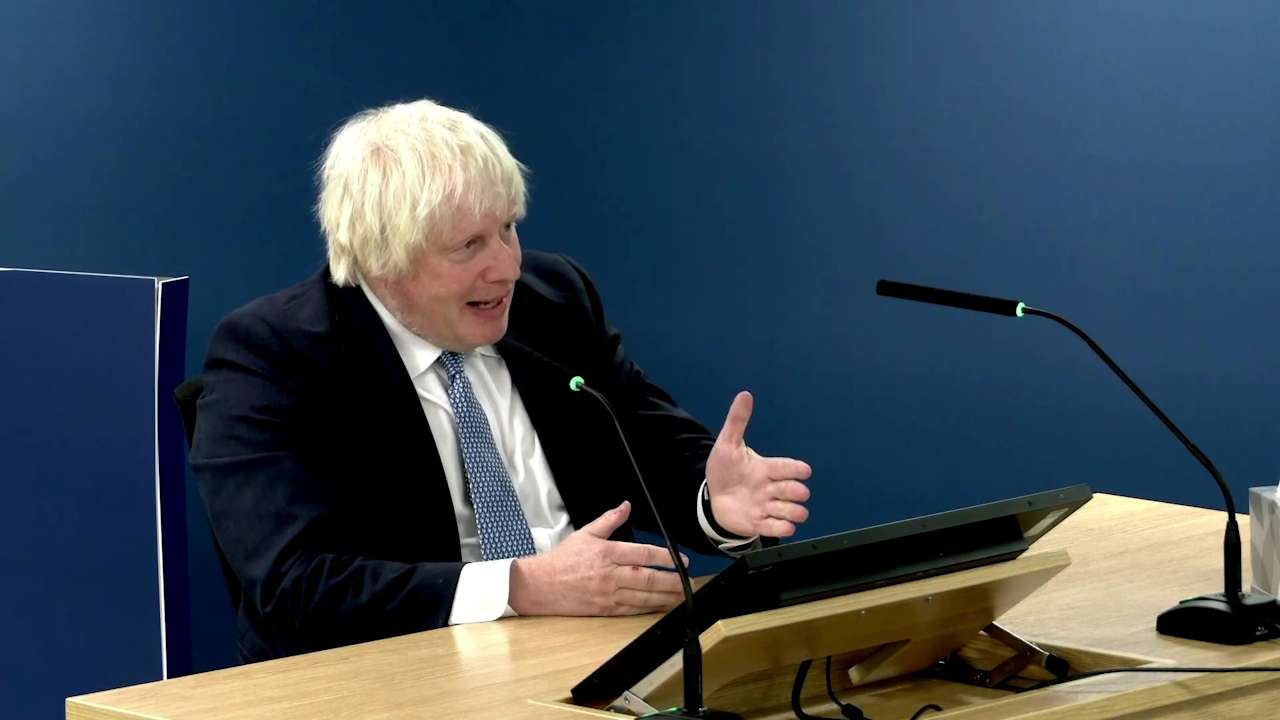
During Johnson’s evidence on the exam results, the inquiry was shown a WhatsApp message from the former prime minister to his then-chief adviser, Dominic Cummings, in which he said he was “back in chequers and in a thoroughly homicidal mood,” referring to the exam results debacle.
Speaking on this exam system, the former prime minister told the inquiry: “I think it certainly was very undermining for the confidence of kids who thought they deserved a better grade, and it was a bad system.
“I’m afraid that it was an accident of the great difficulties we faced in improvising in exceptionally difficult circumstances.
“And I think most people, although they wanted it corrected and they wanted their kid, the individual students’ interests looked after, I think most people could see that.”
Earlier, he insisted the algorithm designed to prevent grade inflation “arose from good intentions” in an effort to “protect the integrity of the examination system,” but acknowledged it had “failed in that intention.”
Follow STV News on WhatsApp
Scan the QR code on your mobile device for all the latest news from around the country


